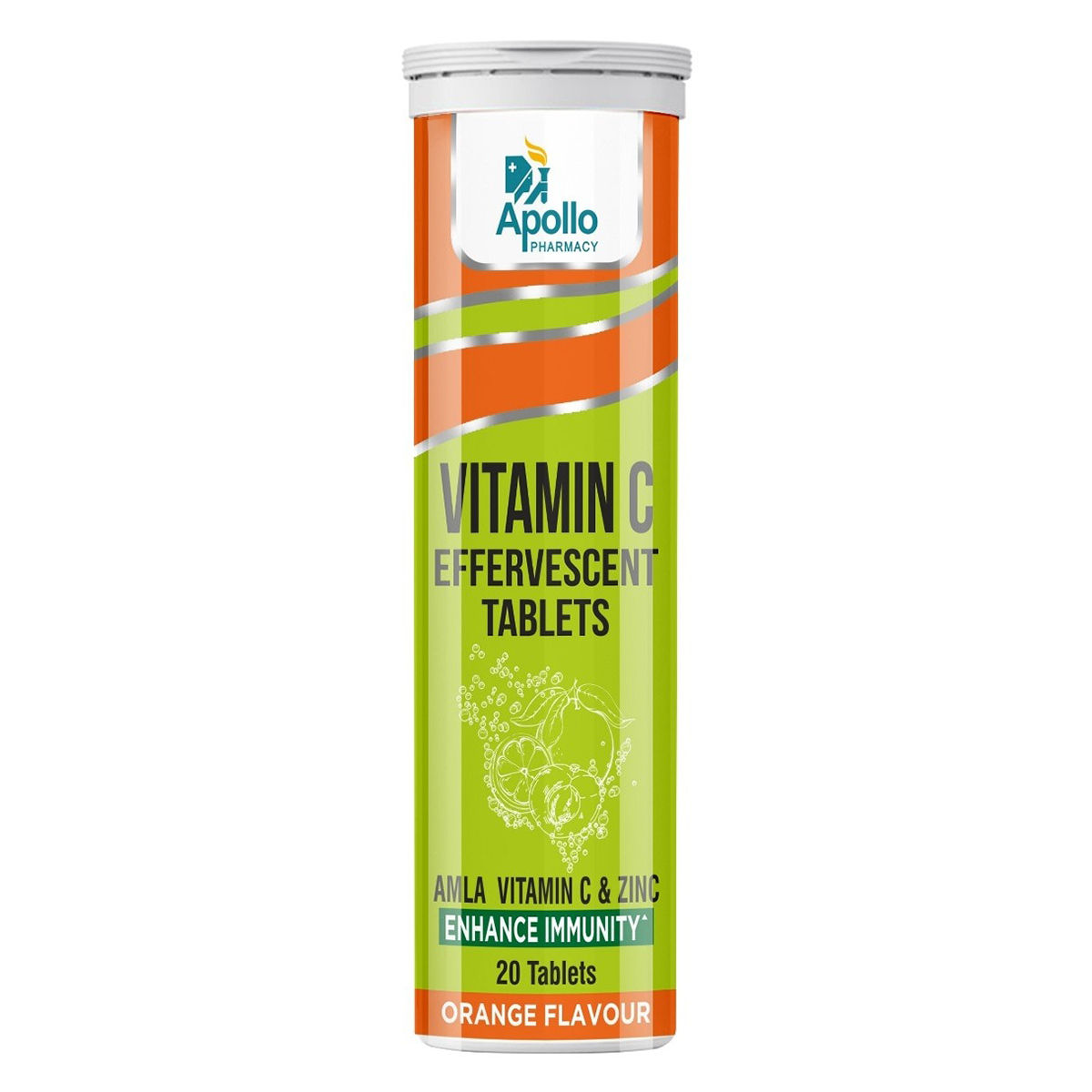Ephytol Ointment 15 gm
₹41.4*
MRP ₹46
10% off
₹39.1*
MRP ₹46
15% CB
₹6.9 cashback(15%)
Free Delivery
With Circle membership
(Inclusive of all Taxes)
This offer price is valid on orders above ₹800. Apply coupon PHARMA10/PHARMA18 (excluding restricted items)
Know Your Delivery Time
Provide Delivery Location

Available Offers
 Prescription drug
Prescription drugWhats That
 24 people bought
24 people bought 
Secure Payment

India's Most Trusted Pharmacy

Genuine Products
Composition :
Manufacturer/Marketer :
Consume Type :
Return Policy :
Expires on or after :
About Ephytol Ointment
Ephytol Ointment is used to treat various bacterial skin infections. Bacterial skin infection occurs when bacteria penetrate through hair follicles or broken skin and cause infection. Symptoms include redness, pain, tenderness of the skin, minor bumps or boils, rashes, blisters, cracked/dry skin, swelling, stinging or burning sensation, pus formation, and itching.
Ephytol Ointment contains Betamethasone and Neomycin. Betamethasone belongs to the class of corticosteroids. It blocks the production of prostaglandins (chemical messengers) that make the affected area red, swollen and itchy. Thereby treats inflammation and itchiness caused by skin infections. Neomycin is an aminoglycoside antibiotic that prevents the synthesis of essential proteins required by bacteria to carry out vital functions.
Ephytol Ointment is for topical (for skin) use only. Common side effects of Ephytol Ointment include itching, dryness, and a burning sensation at the application site. Most of these side effects do not require medical attention and resolve gradually over time. However, if the side effects persist or worsen, consult a doctor.
Let your doctor know if you are allergic to any of the components in Ephytol Ointment. Do not use Ephytol Ointment on open wounds, blisters and lesions. Please do not cover the affected areas with a dressing or bandage since it increases the side effects. If Ephytol Ointment gets into your eyes, nose, mouth or vagina, rinse with cold water. Ephytol Ointment is not recommended for the treatment of diaper rash. Pregnant and breastfeeding mothers should consult the doctor before starting Ephytol Ointment.
Uses of Ephytol Ointment
Directions for Use
Medicinal Benefits
Ephytol Ointment treats various bacterial skin infections, such as eczema (inflamed, itchy, cracked and rough skin patches), psoriasis (skin cells multiply rapidly to form bumpy (uneven) red patches covered with white scales), dermatitis (itchy inflammation of the skin), and insect bites. Ephytol Ointment also effectively treats prurigo nodularis (hard, itchy lumps on the skin), lichen simplex chronicus (scaling of the skin due to repetitive itching), lichen planus (swelling and irritation on the skin, hair, nails and mucous membranes), seborrhoeic dermatitis (scaly patches and red skin mainly on the scalp), miliaria (prickly heat), anal and genital intertrigo (chaffing of the skin). Ephytol Ointment consists of Betamethasone (corticosteroid) and Neomycin (antibiotic). Betamethasone blocks prostaglandin production (chemical messengers) that make the affected area red, swollen and itchy. Neomycin prevents the synthesis of essential proteins required by bacteria to carry out vital functions.
How Ephytol Ointment Works
Storage
Side Effects of Ephytol Ointment
- Itching
- Dryness
- Localized pain on the skin
- Burning sensation at the application site
What if I have taken an overdose of Ephytol Ointment
Drug Warnings
Before using Ephytol Ointment, let your doctor know if you have a history of dehydration problems, cataract or glaucoma, diabetes, gastrointestinal diseases, osteoporosis (weak and brittle bones), hearing problems, chronic leg ulcers, liver and kidney diseases or allergic reactions to steroid medicines and antibiotics. Avoid smoking or going near naked flames since Ephytol Ointment can catch fire and burn easily. Avoid applying Ephytol Ointment on sunburns, lesions, blisters and open wounds. Do not wash the treated areas for a minimum of 3 hours after you apply Ephytol Ointment. Consult your doctor if you are pregnant or breastfeeding. Ephytol Ointment is recommended for children above two years of age if prescribed by a doctor.
Diet & Lifestyle Advise
- Always wear loose-fitting clothes to avoid further sweat and spreading skin infection.
- Do not scratch the affected skin area as it can spread the infection to other body parts.
- Avoid sharing towels, combs, bedsheets, shoes or socks with others.
- Wash your bed sheets and towels regularly.
- Avoid or limit the intake of alcohol and caffeine.
- Manage stress, eat healthily, drink plenty of water, exercise regularly, and get plenty of sleep.
Habit Forming
Therapeutic Class
Alcohol
Safe if prescribed
No interactions were found. Please consult your doctor if you have any concerns.
Pregnancy
Caution
It is advised to consult your doctor if you plan to conceive or are already pregnant before starting Ephytol Ointment.
Breast Feeding
Caution
There are limited studies on how Ephytol Ointment affects breastfed infants. Please consult your doctor before using Ephytol Ointment if you are breastfeeding. If you need to apply Ephytol Ointment on your breasts, don't do this shortly before giving a feed.
Driving
Safe if prescribed
Ephytol Ointment has no or negligible influence on the ability to drive or use machines.
Liver
Caution
Let your doctor know if you have any history of liver diseases or hepatic impairment before starting Ephytol Ointment.
Kidney
Caution
Let your doctor know if you have any history of kidney diseases before starting Ephytol Ointment.
Children
Caution
Ephytol Ointment is recommended for children above two years of age if prescribed by the doctor.
FAQs
Country of origin
Manufacturer/Marketer address
Customers Also Bought
Disclaimer
Author Details
We provide you with authentic, trustworthy and relevant information











